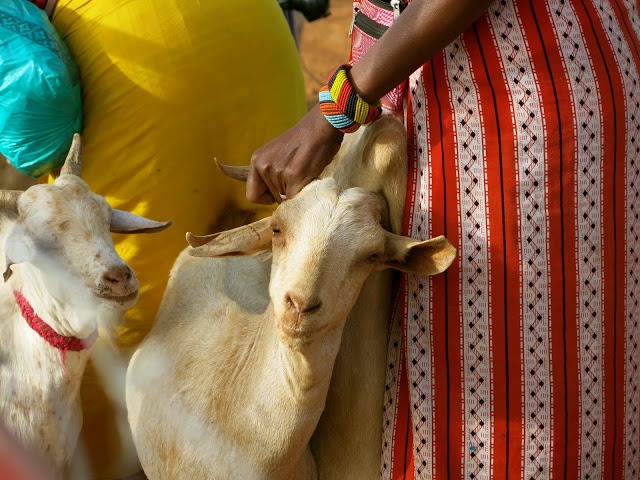
Kenya Program Improved Resilience by Building the Livestock Value Chain
RELATED NEWS
Summary
Frequent droughts in Kenya have led to the significant destruction of physical and durable assets as well as harm to the flow of economy across the country’s livestock sector. To increase the resilience of pastoralists and accelerate sustainable economic growth in Kenya’s arid lands, Resilience and Economic Growth in Arid Lands-Accelerated Growth (REGAL-AG) facilitated behavior change in actors all along the livestock value chain—from livestock keepers to middlemen, traders, transporters, and buyers—in order to increase incomes and stimulate growth. Specifically, the project aimed to build a more inclusive and competitive livestock value chain in Marsabit, Isiolo, Wajir, Turkana, and Garissa counties.
Objectives
- Improved the enabling environment for livestock value chain development
- Improved market linkages and livestock productivity
- Expanded existing and developed new livestock service and input markets
- Expanded livestock-related economic opportunities that engaged and benefited men and women
Activities and Approaches
- Used a facilitative approach that forged effective, sustainable relationships among actors to create a more vibrant livestock value chain and stimulated market improvement
- Encouraged growth by improving market access through the Community Contracting Fund (CCF) for livestock market construction and grants to businesses looking to start or expand provision of products or services related to the livestock value chain
- Employed gender-equitable solutions to improve competitiveness, productivity, and livestock-related enterprise development
- Provided a policy, legal, and regulatory environment that incentivized investment from all value chain actors and allowed benefits to flow to both male and female pastoralists
- Increased the availability and affordability of inputs and services needed to benefit from market participation and work with livestock keepers to reduce their vulnerability
- Supported effective, sustainable management of grazing land, water, and other natural resources and increased resilience to climate shocks
Results
- 24,597 rural households benefited from upgrades in 12 livestock market (four major and eight feeder market) infrastructure investments
- 8 additional markets constructed in Wajir, Turkana, and Garissa counties
- 36 enterprises established using $2,692,821 under the grants mechanism out of a total of $2.7 million
- 2,616 individuals trained in agricultural sector productivity or food security
- 31 microenterprises and 17 small enterprises received business support services in the areas of record keeping, branding and brand marketing, market penetration, business linkages, supply chain management, financing, and finance management.
- $1,187,637 leveraged through business development grants administered under the CCF from the private sector, of which $731,500 was credit from financial institutions for investments in the livestock sector
- Key outcomes of the grants and private-sector investments included upgrades within various value chains, such as dairy, chicken production, egg production, production inputs, and meat processing. These upgrades expanded market opportunities for livestock and livestock products and increased livestock productivity and the creation of employment opportunities.
Funder: USAID Kenya
Contact: Kavita Chambery, kchambery@acdivoca.org





